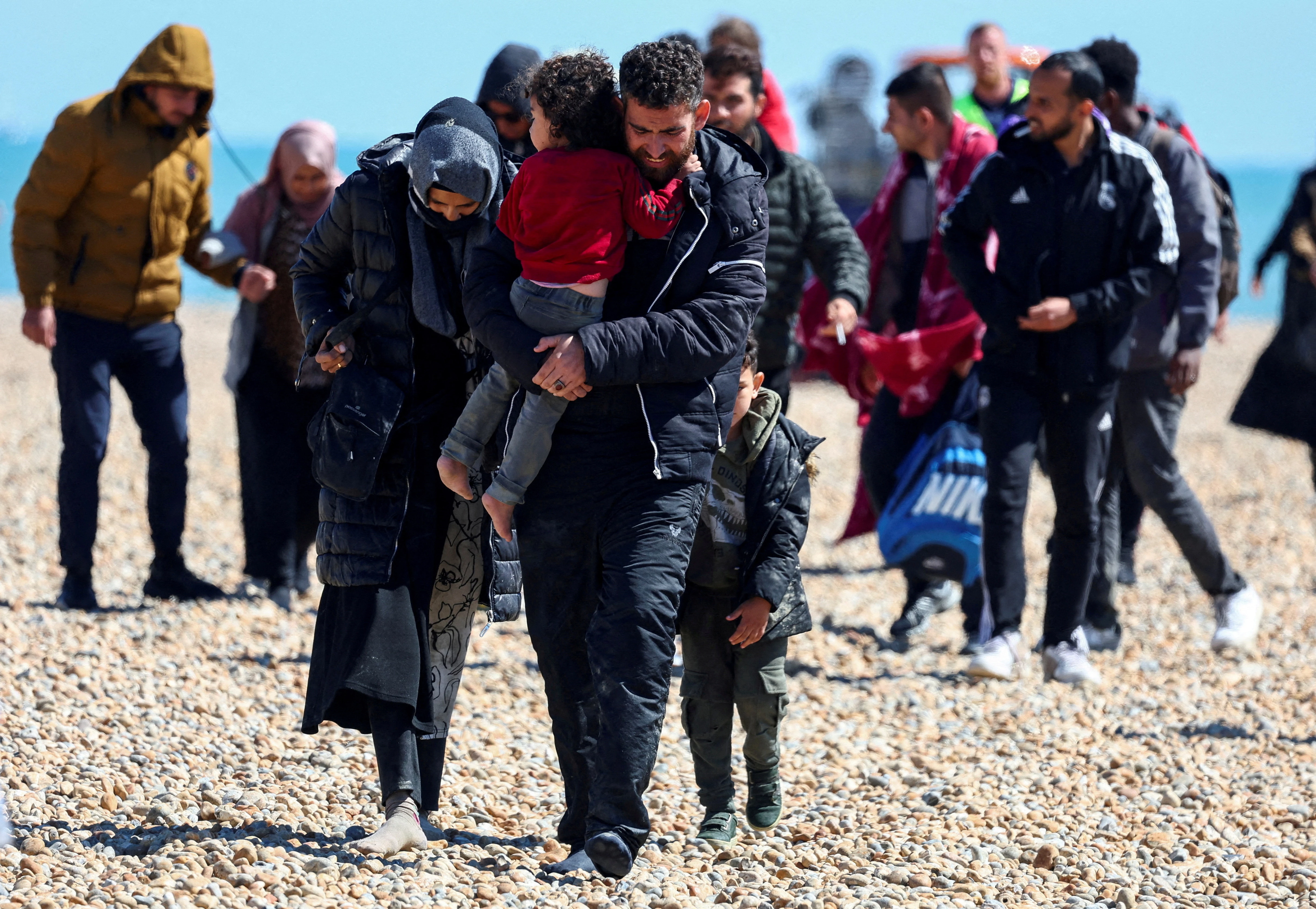UK asylum claim backlog hits new high: govt figures

Stay tuned with 24 News HD Android App

The UK's backlog of asylum claims has hit a record high, official figures showed Thursday, heaping fresh pressure on the government which has pledged to cut immigration.
Interior ministry statistics showed that 175,457 people were waiting for an initial decision at the end of June, up 44 percent from the 122,213 outstanding claims at the same time last year.
The figures are the highest since the government began keeping records in 2010.
There was another record high in people waiting more than six months for an initial decision on their application, to 139,961 in June this year -- a 57 percent jump from 89,231 in June 2022.
Overall, there were indications of a slowdown in pending cases in the three months to the end of June.
The Home Office attributed that in part to an increase in staff dealing with applications, allowing more decisions to be made.
The Conservative government of Prime Minister Rishi Sunak, like his predecessors Liz Truss and Boris Johnson, has made immigration a central policy.
"Taking back control" of Britain's borders was a mantra in their successful campaign to sever ties with the European Union.
But with Brexit a reality, they have found doing so more problematic, and have pinned blame for the backlog on people seeking asylum after crossing the Channel from northern France.
Just over 19,500 migrants have been intercepted in boats and brought ashore so far this year: 345 arrived on Wednesday.
The government, which says the increasing numbers put unsustainable pressure on public finances and services, wants to criminalise people seeking asylum via small boat crossings, and deport them to Rwanda.
The UN says that would be in breach of international law.
Sunak has also described levels of regular immigration, by people with visas or work permits for example, as "too high".
The latest figures showed that some 90 percent of people arriving in the UK by small boat in the 12 months to June had claimed asylum.
Rights campaigners blame the backlog, which Sunak has vowed to clear by year-end, on government failures to process applications in a timely fashion.
